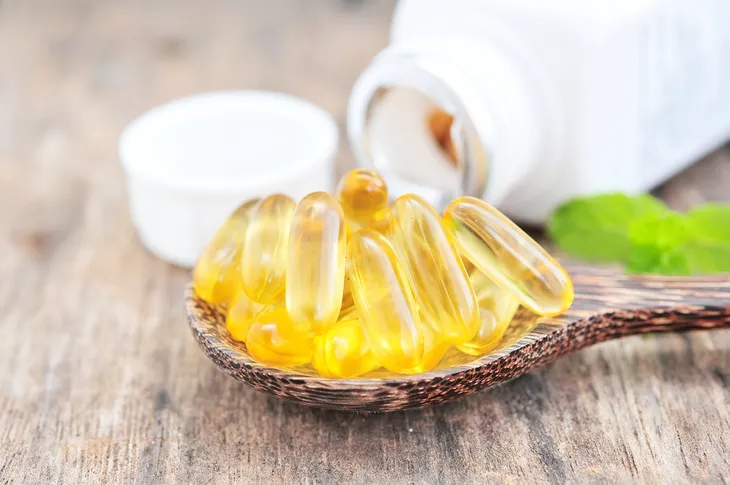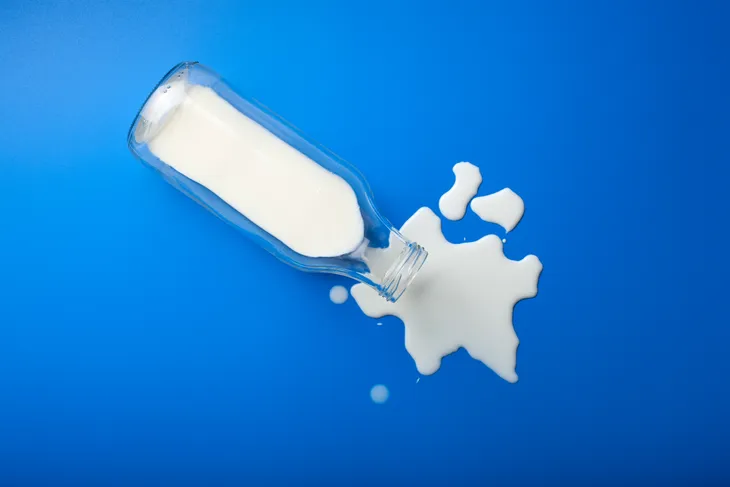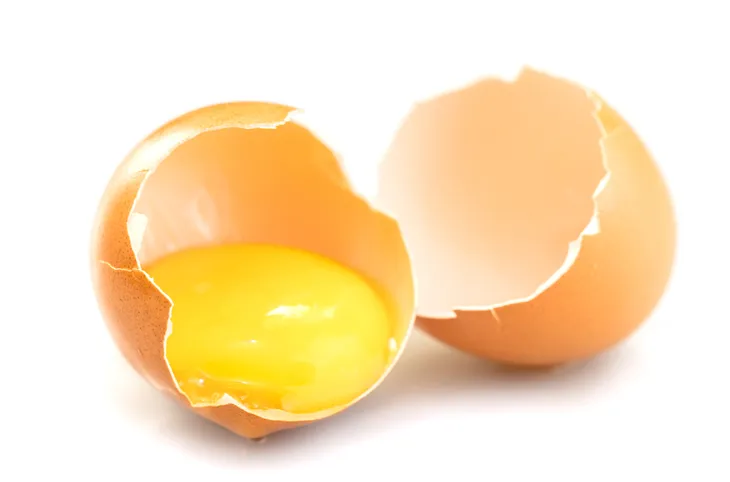Vitamin D is an essential nutrient that all people need, and is responsible for important functions such as calcium absorption for proper bone development in children. There are many conditions linked to a lack of Vitamin D such as mood disorders and hypertension.
The problem is, many people in the U.S. have insufficient levels of D because it mainly comes from the sun, and many Americans spend most of their time indoors (especially in winter). The recent fallback to standard time means less daylight in the evening as well. However, here are five other ways to ensure you get your Vitamin D fix…
Cod Liver Oil
It sounds pretty nasty, but luckily it comes in soft pill form to make it easier to swallow (just don’t bite down). Cod liver oil is often mistaken for fish oil when people are looking for Vitamin D content, but they’re not the same thing, noted Livestrong.
Although both have their health benefits, only cod liver oil contains both Vitamins A and D, which are stored in the fish’s liver as the name suggests. Livestrong notes that too much cod liver oil can harm you. The maximum intake of vitamin D for adults should be 2,000 IU per day (although other sources say 4,000 IU, but it might be best to be conservative). Too much D can cause sickness—and too much Vitamin A can cause a nasty array of side effects as well, including liver problems.
Milk
While Vitamin D is not prevalent in cow’s milk, the Canadian Food Inspection Agency (CFIA) explains that vitamin D (as well as vitamins A and C) are added to milk (including some soy milks) before it is sold in stores.
The CFIA said that the amounts of these vitamins that are added to milk are closely monitored, as mentioned earlier too much can be toxic to your system. The goal of vitamin-fortified milk is to prevent childhood diseases such as rickets, a potentially disfiguring bone disease.
Fish
While fish oil may not give you any vitamin D, eating the whole fish can. In particular, fatty fish that will allow your body to absorb the essential vitamin is recommended. Health magazine said those types of fish include salmon, trout, tuna and even…eel (but most people will probably go with the tuna).
Health magazine notes that a 3-ounce salmon filet will provide you with 450 IU of vitamin D. While 2,000 IU is the generally accepted maximum your adult body can tolerate per day, Health mag notes that 600 IU is the daily amount that is recommended to stay healthy—so one filet will almost fill your quota!
Egg Yolk
An article on the National Institutes of Health website explains that egg yolk does contain vitamin D, albeit in small amounts. How small? Well, a chart in the article shows that one large egg contains about 41 IU of vitamin D, which is well below the 600 IU recommended intake.
While you’d have to eat quite a few egg yolks to reach healthy levels, you could always have your eggs with a glass of milk and put some cheese on your eggs, which also has some vitamin D value. Just make sure you’re not dairy intolerant before you try this concoction, or it won’t be vitamins you’re worrying about.
Mushrooms
Not all mushrooms contain vitamin D and not all are edible, so don’t go picking them in the forest and having a taste without knowing what you’re consuming. Like your body, mushrooms have the ability to turn the sun’s rays into vitamin D—and the Daily Mail UK said a mushroom can contain the equivalent of a vitamin D pill supplement.
To enhance the vitamin D levels of the mushrooms you’ve bought wrapped at the store, you can actually leave them outside in the sun, noted the article. Half an hour of sunbathing for the fungi is sufficient, it added. A study found that subjects who took 2,000 IU supplements compared to eating sun-soaked mushroom powder for 12 weeks had similar levels of the D vitamin at the end of the trial.








